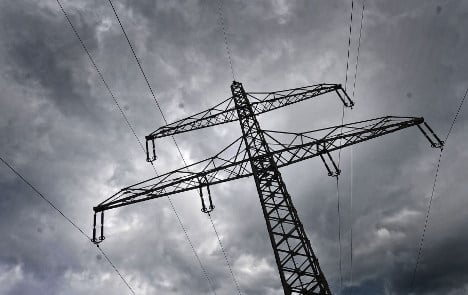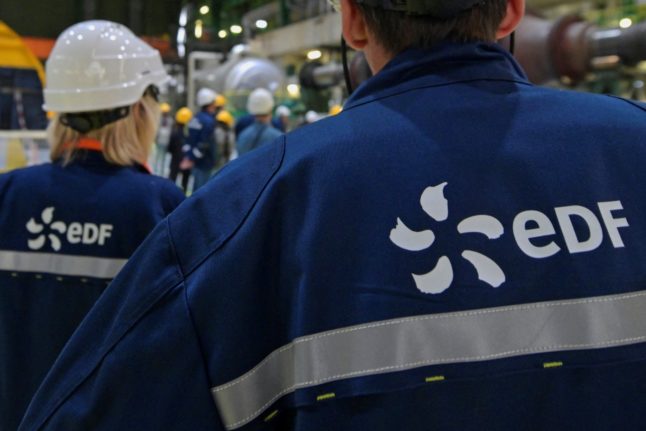According to Die Welt newspaper, grid operator Tennet, which runs a huge section of the German national electricity grid, was forced to tap energy from Austria on December 8 and 9 last year to guarantee the stability of its supply. The transaction has been confirmed by the Federal Network Agency.
Austrian providers were forced to put an old oil power station near the town of Graz back online to export the power to Germany.
Following an intense national debate in the wake the March’s nuclear disaster in Fukushima, Japan, Germany shut down eight of its nuclear power stations last summer, and put five old conventional power stations back on the grid to cover the high-consumption winter months.
A spokeswoman for Tennet told the paper that a storm system caused a wind-energy spike in the north of the country on those December days, which couldn’t be transported south because of the lack of connections. Also, a small defect meant that the nuclear power station Gundremmingen in Bavaria had to be shut down temporarily at that time.
The spokeswoman called the resulting decision to import Austrian energy “a precautionary measure.”
Tennet operates a section of the network that stretches in a long, central strip of Germany from the Danish border in the north to cover the whole of Bavaria up to the Alps in the south. The unusual long and narrow shape of Tennet’s zone means that it is particularly prone to bottlenecks of electricity transport from north to south.
The Local/bk



 Please whitelist us to continue reading.
Please whitelist us to continue reading.
Member comments